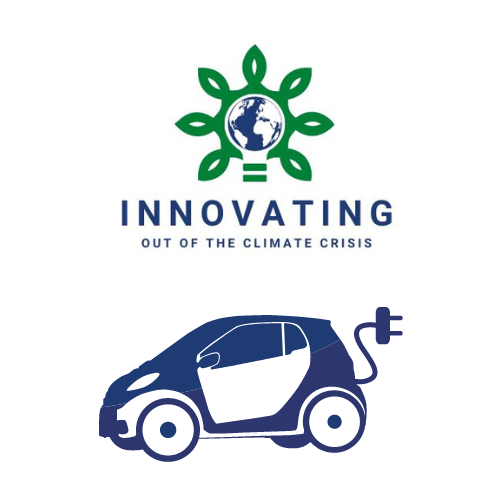
Event Recap: Clean Cars and National Security
On Thursday, September 28, ASP hosted a public panel discussion entitled Clean Cars and National Security: The Importance of Increased Electrification and Strong Standards. The panel, moderated by ASP’s Director of Climate Security Programs, Jessica Olcott Yllemo, brought together two 30-year veterans of government service, Mr. Richard Kidd and Mr. Stan Darbro, who have been closely involved in the energy, military, and clean vehicles space, as well as ASP Adjunct Fellow Sunjoo Hwang, whose research on microgrids and electric vehicles (EVs) is contributing to the national dialogue around the clean energy transition. The discussion covered a broad array of topics, including military installation resilience, energy security and geopolitical competition, as well as the current state of play for both tactical and non-tactical vehicles.
Mr. Kidd kicked off the conversation by providing a strategic overview of how the Department of Defense (DoD) has been thinking about energy security & energy resilience. He remarked that we can no longer afford to take for granted the things we’ve taken for granted in the past– from contested logistics to supply chain resilience and deterrence capabilities, energy security is front and center of how the DoD operates. The recently retired Mr. Kidd continued with more of his insights and expertise, which spans multiple decades and administrations. He emphasized that when the Biden Administration announced an “all of the above” energy strategy – they truly meant it. From small-modular nuclear (SMR) to EVs and geothermal, there are a host of activities happening to foster energy resilience both in the civilian and military sectors. He also noted that there are no shortage of challenges, and that the clean energy transition will be disruptive, but reiterated the need to compete in this space.
Mr. Darbro added his expertise as former Deputy Director of the U.S. Army’s Rapid Capabilities and Critical Technologies Office (RCCTO), which serves to expedite critical capabilities to the field to meet Army modernization priorities. He spoke about the Bradley Fighting Vehicle (BFV) and Joint Light Tactical Vehicle (JLTV) hybrid-electric prototyping, testing, and analysis, all of which will feed the Army’s decision-making process.
Ms. Hwang added her experience from the private sector and her work at the state level, as well as her ongoing research on microgrids. Her research has quantified a cost-benefit analysis for resilience benefits of the clean energy transition, all of which can be leveraged to inform public and private decision-makers. She added that the recently released emissions standards from the Environmental Protection Agency will have widespread positive impacts to both the environment and public health, as well as significant cost savings for cities and states around the country.
Given China’s dominance of the critical minerals extraction and refining industry as well as PV solar, the panel also touched on the huge geopolitical implications for how (and how quickly) innovations and deployment of new technologies are rolled out. All three panelists were united in their awareness and concern for the EV and clean energy supply chain, but were confident in the U.S. ability to innovate and adapt to evolving requirements via direct engagement with private industry and ongoing research and development within the DoD enterprise.





